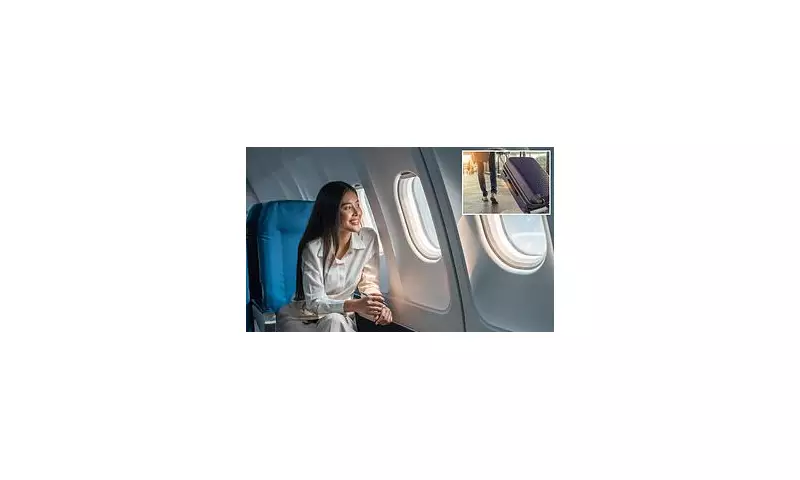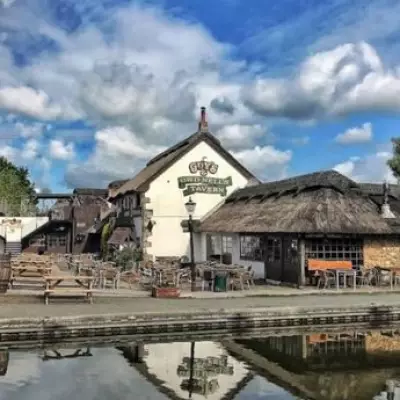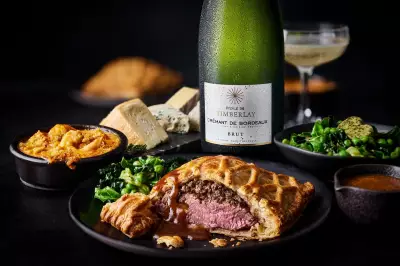
In a bold move to combat soaring holiday costs, a growing number of British tourists are choosing to fly 'naked'. This isn't about in-flight nudity, but rather a savvy financial strategy where travellers book stripped-back, no-frills airfares and meticulously avoid any extra add-ons.
The Bare Essentials of Naked Fares
So-called 'naked fares' refer to the most basic ticket option offered by low-cost carriers. This means no pre-booked seat selection, no checked luggage, and often not even a cabin bag that fits in the overhead locker. The goal is singular: get from A to B at the absolute lowest possible price.
This trend is gaining significant traction as families and couples feel the pinch of the ongoing cost-of-living crisis. The money saved on these bare-bones tickets is being redirected towards extending holidays, upgrading accommodation, or simply making a summer getaway financially feasible.
How Much Can You Really Save?
The savings can be substantial. While adding a 20kg checked bag and priority boarding can easily add £80 or more to a return ticket, passengers flying 'naked' pay only the base fare. For a family of four, this strategy can save hundreds of pounds—enough to pay for several meals out, excursions, or even extra nights in a hotel.
Travel experts note that airlines like Ryanair and easyJet have built their business models on these ancillary fees, but informed consumers are now fighting back by refusing to pay them.
A Word of Warning for Frugal Flyers
While the savings are clear, this approach requires careful planning. Airlines are strict with their baggage policies. Passengers must ensure their one small personal item fits the often stringent dimensions; otherwise, they face hefty penalty fees at the gate that can instantly wipe out any initial savings.
The key to successful 'naked flying' is packing light and smart. It’s a return to the minimalist travel of old, prioritising experiences over possessions.
This trend underscores a major shift in consumer behaviour, proving that for many UK holidaymakers, the journey is just a means to an end—and they’re no longer willing to pay a premium for it.




